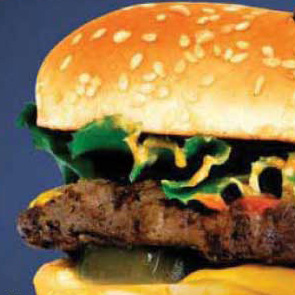The debate over the fast food ban in South Los Angeles rages on. And there are good points on both sides.
As is often the case with well-intentioned do-good legislation, there are negative side effects. If fast food is simply defined as establishments that have “a limited menu, items prepared in advance, or prepared or heated quickly, no table orders, and food served in disposable wrapping or containers,” there could be unintended casualties.
“Our policy makers abhor nuance and the subtle but distinct qualities that differentiate fast food from food that can be served fast,” says Larry Bain, a businessman who could be adversely effected by the anti-fast food measures in South Los Angeles. He runs two hot dog carts that include high-quality dogs from cattle raised on pastures, served with fresh grilled onions. Not a grilled chicken salad, to be sure. But does it deserve to be banned, especially when you consider it’s a small two-person operation trying to make ends meet?
On the other side of the argument, you have to face the simple economic facts of the matter: personal freedom of choice is all well and good, but when cash-strapped lower income people have the choice between the quick drive-thru fast food “value meal” that costs $5 and the healthier sit-down meal that goes for $10+, which do you think will win?
